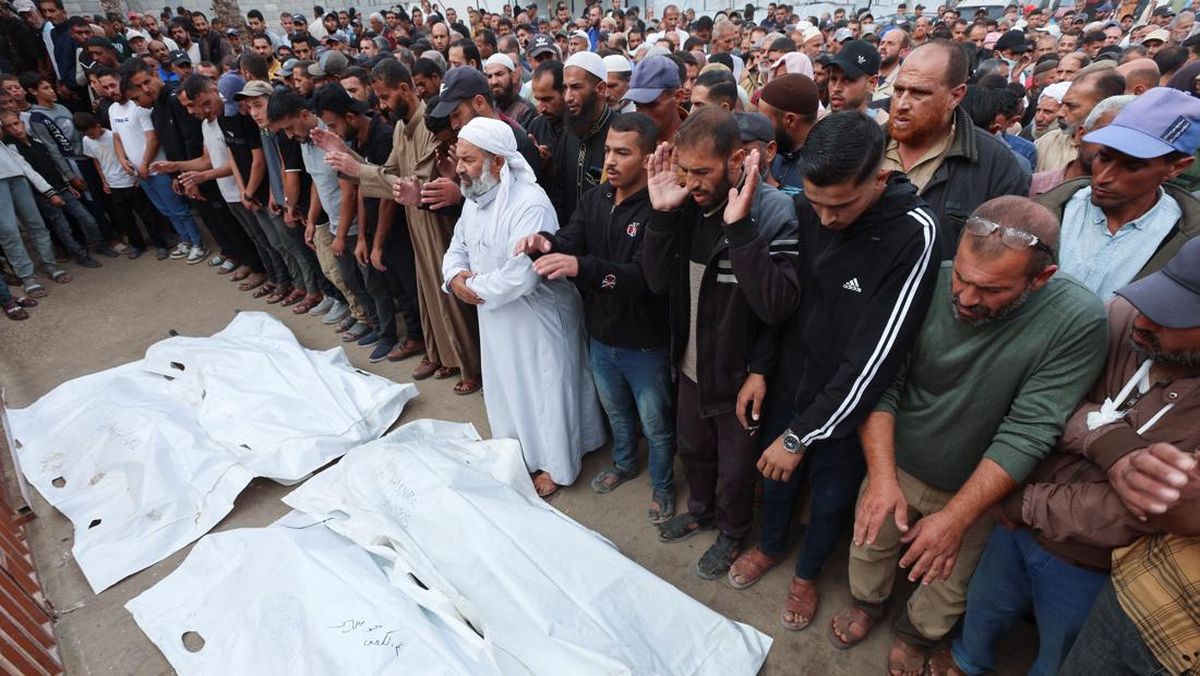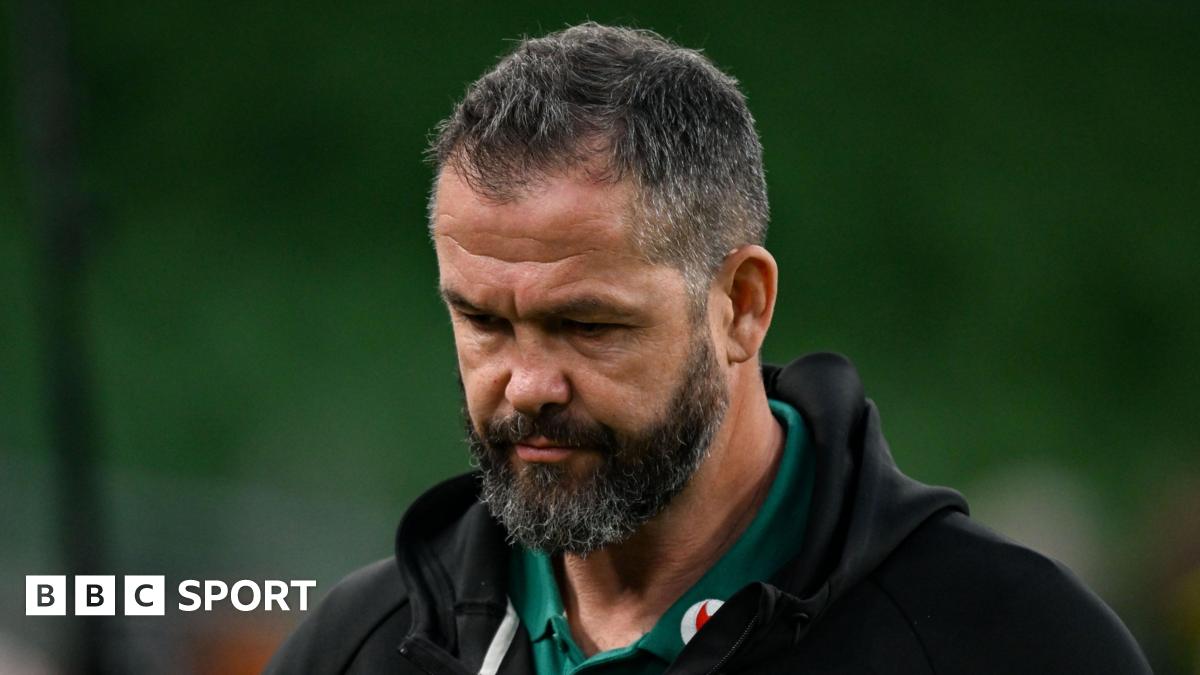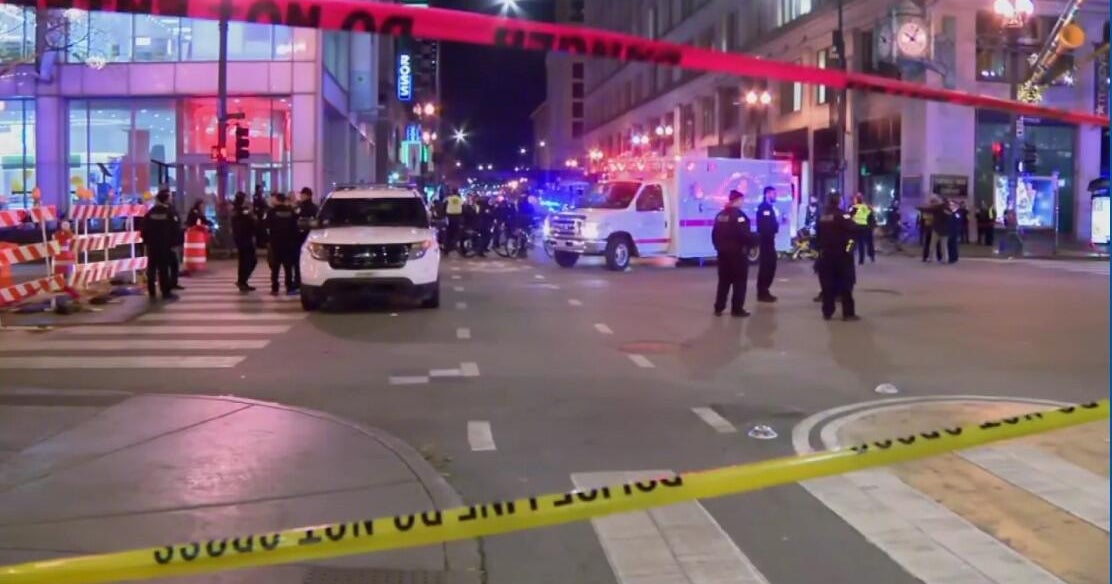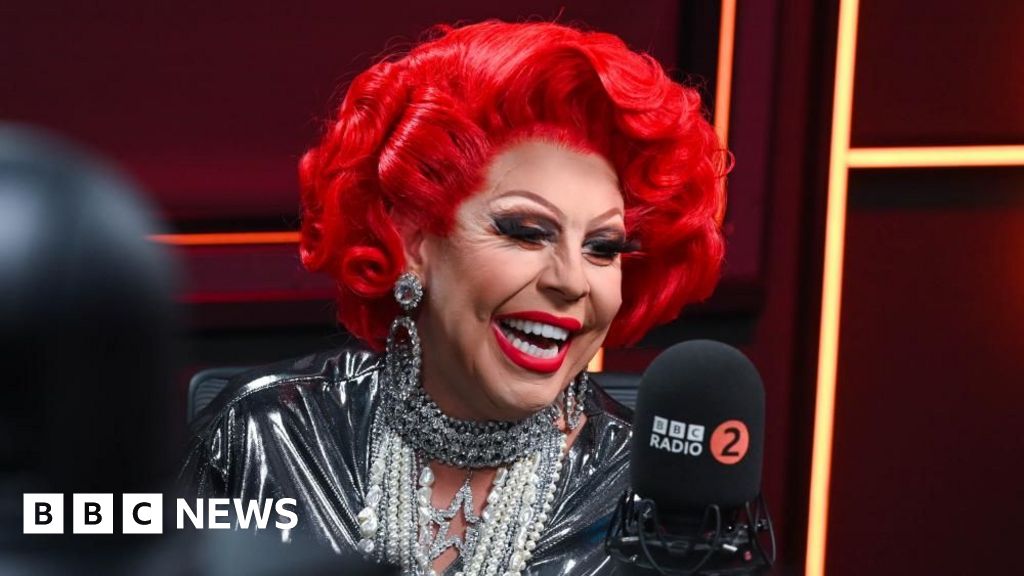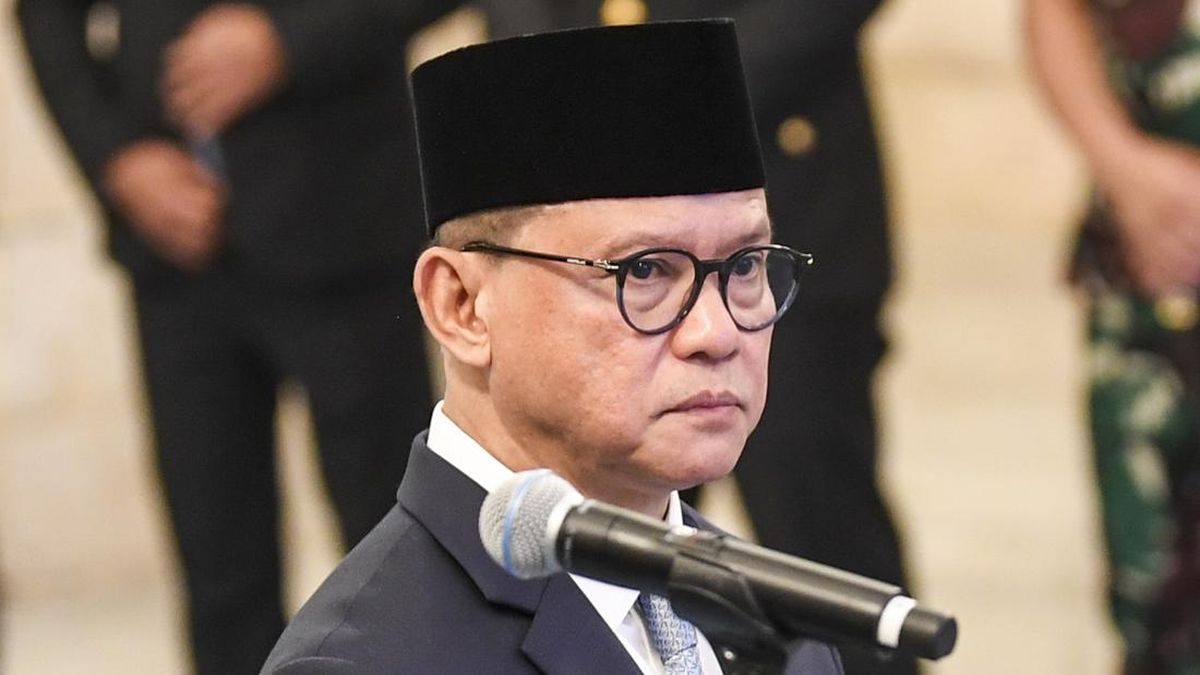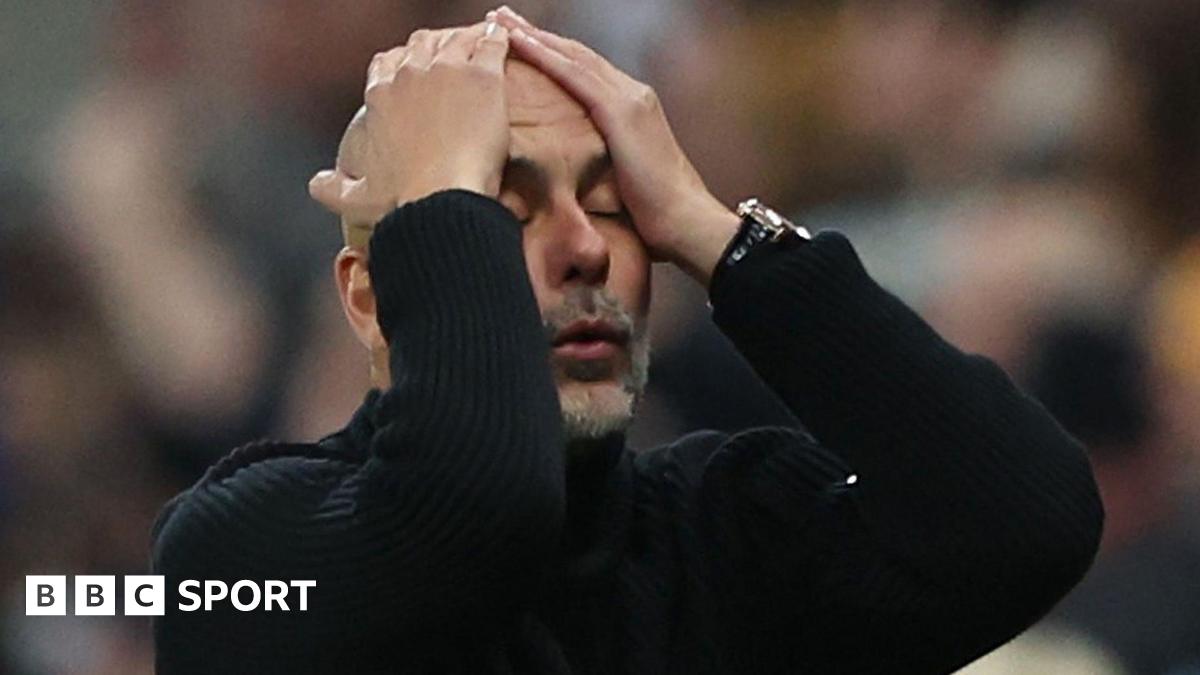By Susan Chenery
August 6, 2025 — 12.00pm
When he was young, Adam Courtenay saw his father as a kind of guru, heroic, indestructible. This was because Bryce Courtenay had given him that impression.
He told picaresque, supernatural tales of his previous life in Africa, where he had apparently triumphed over considerable odds. He gave his three sons a glamorous and exciting ancestry. Robin Hood was a Courtenay. One of his ancestors was crowned King of Jerusalem. His father was a famous barrister, an anti-apartheid crusader who was killed in a car crash.

Adam Courtenay’s memoir about his famous father Bruce is bound to shock many of his fans.Credit: Louise Kennerley
The awkward problem was that none of it was true.
Now, 12 years after Bryce’s death, what Adam mostly feels is “pity and sadness” he writes in his memoir, My Father Bryce. He was always thinking about Bryce. But he needed this decade of distance to get some clarity. A voyage around his father, a portrait of a self-made man, it is full of love, scepticism and frustration. Peeling away the layers of the myth he finds what was once a vulnerable, bullied, emotionally neglected little boy who had no stability, proper home or paternal protection. Something Bryce would spend a lifetime covering up. Even from his sensitive son.
His sons always knew that “Dad facts” were different from actual facts, “but they held up the story so beautifully you wanted to believe them”, Adam writes. Until you didn’t.
“He had me under his spell for a long, long time” he says now. “And it was hard for me to get out of it until I slowly wiggled out and went ‘wait a second’.”
Those fantastical stories that had awed his children would be embellished and polished and eventually become the rite-of-passage The Power Of One, which sold more than six million copies when it was published in 1989.
“It was Bryce’s paean to himself,” Adam writes. And says now, “being Bryce he rode the stallion full tilt.” The following 21 books, each written in eight months, were all bestsellers, selling 10 million copies worldwide. Bryce was an indefatigable self-publicist. “He didn’t have brakes,” says Adam: “there was no mechanism that said ‘oh maybe I shouldn’t have said that. If it helps sell books and makes me into a superstar I don’t care’.”

The late Bruce Courtenay with wife Christine, in 2012.
As a former ad man, he understood decades before anyone else that Bryce Courtney was a brand. “He got huge amounts of shit over that, but I think it is his greatest legacy,” says Adam with a snide laugh.
But perhaps Bryce’s greatest fictional creation was himself. Not only was he a master storyteller, he was a master of self-invention. Adam believes Bryce invented himself from the moment he set foot on Australian soil in 1958.
Sydney was a sunny, open place where you could leave the past behind and become somebody else. And so the myth began; the ascendancy of Bryce Courtenay, the braggadocio, the legend.
There were the advertising years, in says Adam, the flimflam man; the drinking, smoking, womanising. Adam feared sitting next to his father at dinner parties, “the more beers, the greater the megalomania.” Then came the Damascene conversion to long-distance running and positive thinking. Pain was gain.
Adam had a front-row seat: he watched all these incarnations, “caught between love and admiration for my father, and a gnawing sense that something wasn’t right.” He and his brothers let the Dad facts “through to the keeper all the time.”

Spending his life in close proximity to a fabulist, Adam became a truth seeker. He became a financial journalist, first in Sydney, then for 15 years in London working for the Financial Times and The Sunday Times. Now an author, his own strictly non-fiction historical books deal with the great characters and stories from early colonial history, the escaped convicts and reprobates, the men who went native, “the guys that history has often overlooked.” They are a fascinating insight into how it was in the brutal newly formed colony, how we became what we are.
As Adam got older, there was a “moral confusion” about his father “mixing bullshit with a marvellously told story”. He was finding it harder to accept the narrative as it flew along. He now realises his sense of self was at stake. “We all tell porkies all the time. But when it comes to important things I think you have to be honest.”
And by the third act of Bryce’s life, fame and wealth. “It started to wear very thin because it became bullshit about himself and who he was and where he came from,” Adam says. “That’s a different mode of bullshit. The Dad facts become pertinent and real. It takes on a different dimension.”
As his father became Australia’s most beloved author, Adam says he had trouble recognising him. His first wife of 38 years, Benita, had been left behind. He was shedding skin. He had a new “family” with Christine Gee. “His new role in life was to be a guru for the people,” says Adam. “There was almost a priest-like ability … he ministered to people. He was always there to help. I never doubted his capacity or ability, but I no longer believed in the myth that he was still creating right up to the end.”
Fiction and fact were becoming blurred. Defending charges of antisemitism for Solomon’s Song, Bryce blithely told The Australian Jewish News that his wife and sons had “freely chosen to be Jews”. They had not. Adam’s mother Bonita was Jewish but agnostic and called herself Anglican. Adam, a Christian, was “very, very angry. There was no Jewish religion or culture. It just did my head in because he was saying something about me that didn’t exist.”
Adam believes his finest book was April Fool’s Day, about his favoured son Damon, who was a haemophiliac and died of AIDS at 25 after a contaminated blood transfusion. In theory, it was non-fiction, but he caricatured people, played fast and loose with the facts and hurt people who loved Damon, some of whom threatened to sue. “There was no need for exaggeration,” says Adam. “There were things that were just wrong. It wasn’t necessary to enhance what happened. The story had enough pathos in itself.”

Bryce Courtenay in his days as an advertising man, in 1992.Credit: Barry Chapman/Fairfax Media
Bryce would go on to be an advocate for blood screening and HIV. “He demystified AIDS to a great degree,” Adam concedes. “And that has to be remembered.”
Adam does, though, have some fond memories “I remember laughing (at) Dad’s trying to be cool. I found it really sweet,” he says. He was a present and involved father who sent his boys to Cranbrook, and gave them substantial financial help in buying their first homes.
But Adam would learn though that confronting Bryce was seen as an act of betrayal. “Moderating my adoration,” Adam says diplomatically. The blue eyes would turn acidic. It was only years later that he realised “I was being gaslit by a specialist”, he writes in the memoir. Suddenly, Bryce would be the victim.
Loading
It was Bryce’s sister Rosemary who provided the answers Adam needed: the foundation of his own life had been based on confabulation.
Bryce’s insatiable need for adulation came from a place of shame. He was not the orphan he told audiences he was, often moving himself to tears. But he was illegitimate. In provincial 1930s and ’40s South Africa, this made his mother socially unacceptable.
There was no noble lineage; his father was not a crusading barrister but an alcoholic married clothing salesman, Arthur Ryder. Bryce’s childhood was chaotic. His mother Paddy Greer, who eventually embraced Pentecostal religion and spoke in tongues, was constantly moving, unable to hold down a job.“I think his mother treated him very badly,” Adam says. “And I think he was very, very lonely.” The poverty was dire. Bryce spent time in an orphanage at Krugersdorp and was bullied at several schools because he didn’t have a father.
Loading
Adam learnt that he was not the most gifted scholar ever seen at the King Edward VII school, nor was he ever offered a place at Oxford. “I feel compassion and sadness. There was darkness there and stories and myths may have been to get himself out of depression.”
Adam stops short of calling Bryce a narcissist. “A narcissist is someone who doesn’t care about anybody else. And I want to give Bryce credit for really caring about lots of people, his generosity was incredible. He helped hundreds of people as a mentor,” he says. “I think he was an egotist, not a narcissist.”
Adam still has great love for his father. “He wasn’t a Machiavellian guy. He didn’t have a nasty side. Essentially, he was a very, very pleasant, engaging, good guy,” he says. “Even if he used to say things that weren’t true.”
My Father Bryce (Hachette) by Adam Courtenay is out now.
Most Viewed in Culture
Loading

